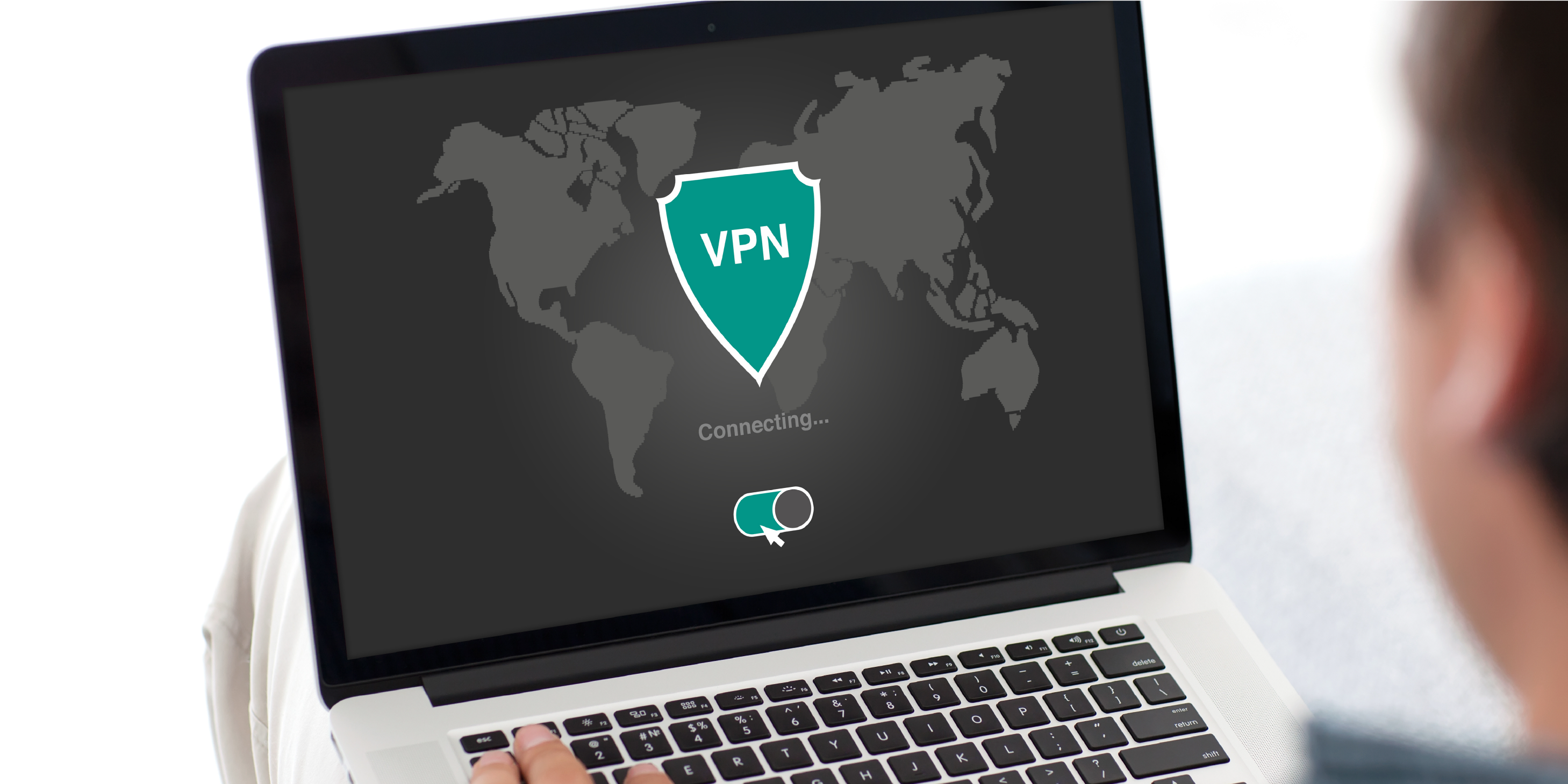Law firms contain vast and highly diverse streams of sensitive data - from Personally Identifiable Information (PII) to intellectual property and trade secrets. This content is highly valuable to cybercriminals looking to access financial records, create extortion schemes, or business email compromise (BEC) campaigns. High profile leaks, such as the Panama and Paradise Papers, and regulatory restrictions have pushed compliance to top of mind.
Here Are the Top 4 Security Tools and Strategies That Law Firms Need to Protect Client Data:
1. Security Information and Event Management (SIEM)
The proliferation of security threats has ushered in an equally expansive list of cyber solutions: anti-virus, anti-spam, advanced firewalls, intrusion detection, endpoint detection and response, etc. But keeping track of these elements can be a challenge to legal firms, particularly those without in-house IT. A Security Information and Event Management (SIEM) system aims to track and streamline the data pouring in from these different resources. By having a centralized management system, your IT team can review aggregated log data, set up continuous analysis, and address issues as they arise.
2. 24x7 System Monitoring
SIEM's generate quite a lot of data and monitoring network traffic is an involved process. To cut down the "noise", i.e. false alerts, more IT teams are using artificial intelligence to drive analysis within their SIEM. AI is adept at identifying false alerts, so your IT staff can focus on remediating actual problems. Even with AI, your system may be flagging hundreds of alerts per day. You want to ensure that the false positives are eliminated, false negatives (threats that appear quantitatively innocuous but have qualitatively threatening properties) are addressed, and your team is able to respond in real time.
3. Incident Response Plans
In the event of system or device compromise, your team must be able to quarantine the threat to prevent further loss or damage. If the threat progresses, their priorities shift to organizational security or implementing a disaster recovery plan. Incident Response plans are an all-encompassing effort on the part of your IT team (system quarantining, patching, etc.), but also your employees and management team. Incident Response is a last line of defense in the event of a breach, so your firm should have well defined and tested plans, ensuring each stakeholder has clear responsibilities.
4. Cybersecurity Expertise
In addition to automated threat detection tools, cybersecurity experts are still a necessary part of your strategy. IT professionals who have worked with law firms provide necessary threat analysis, can select the most effective tools, fine-tune detection systems, and respond to alerts and indicators of compromise. Seasoned security experts will also have a thorough understanding of the compliance and regulatory standards your security systems must meet, such as FRCP, ESI, and GDPR. If you do not have in-house staff, consider outsourcing or leveraging a program such as IT Leadership On-Demand for comprehensive consulting services. For more information about safeguarding your law firm's data, reach out to iCorps for a free consultation.

![[BLOG] IT Support, Security & Managed IT Services](https://www.icorps.com/hubfs/2022%20Webp%20Image%20Files/Hero%20Images/New%20Upright%20Hublox%20webp.webp)
![[BLOG] 7 IT Issues Your IT Team Could Be Ignoring Webp](https://www.icorps.com/hs-fs/hubfs/2021%20Webp%20Image%20Files/September%2029/%5BBLOG%5D%207%20IT%20Issues%20Your%20IT%20Team%20Could%20Be%20Ignoring%20Webp.webp?width=600&name=%5BBLOG%5D%207%20IT%20Issues%20Your%20IT%20Team%20Could%20Be%20Ignoring%20Webp.webp)




